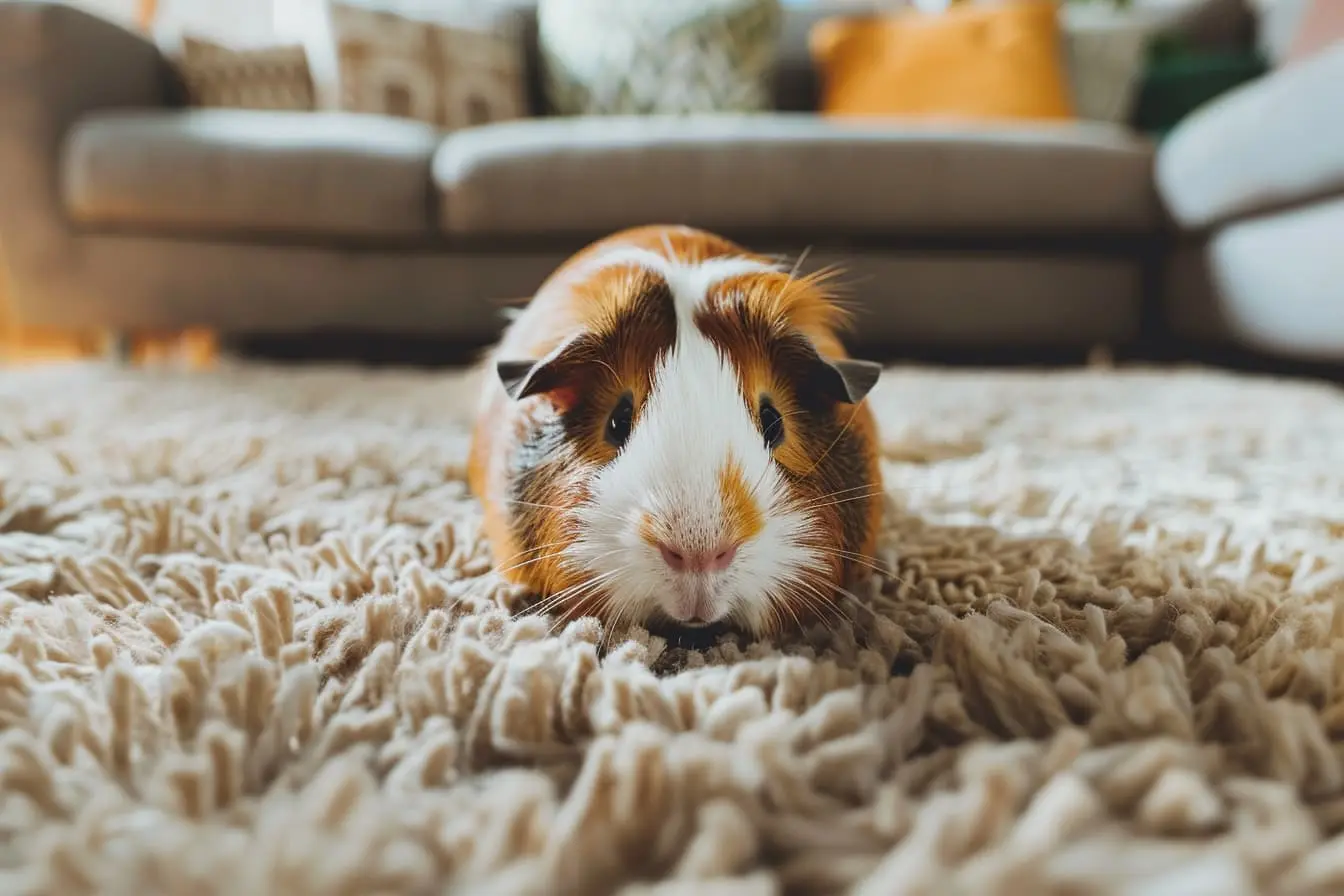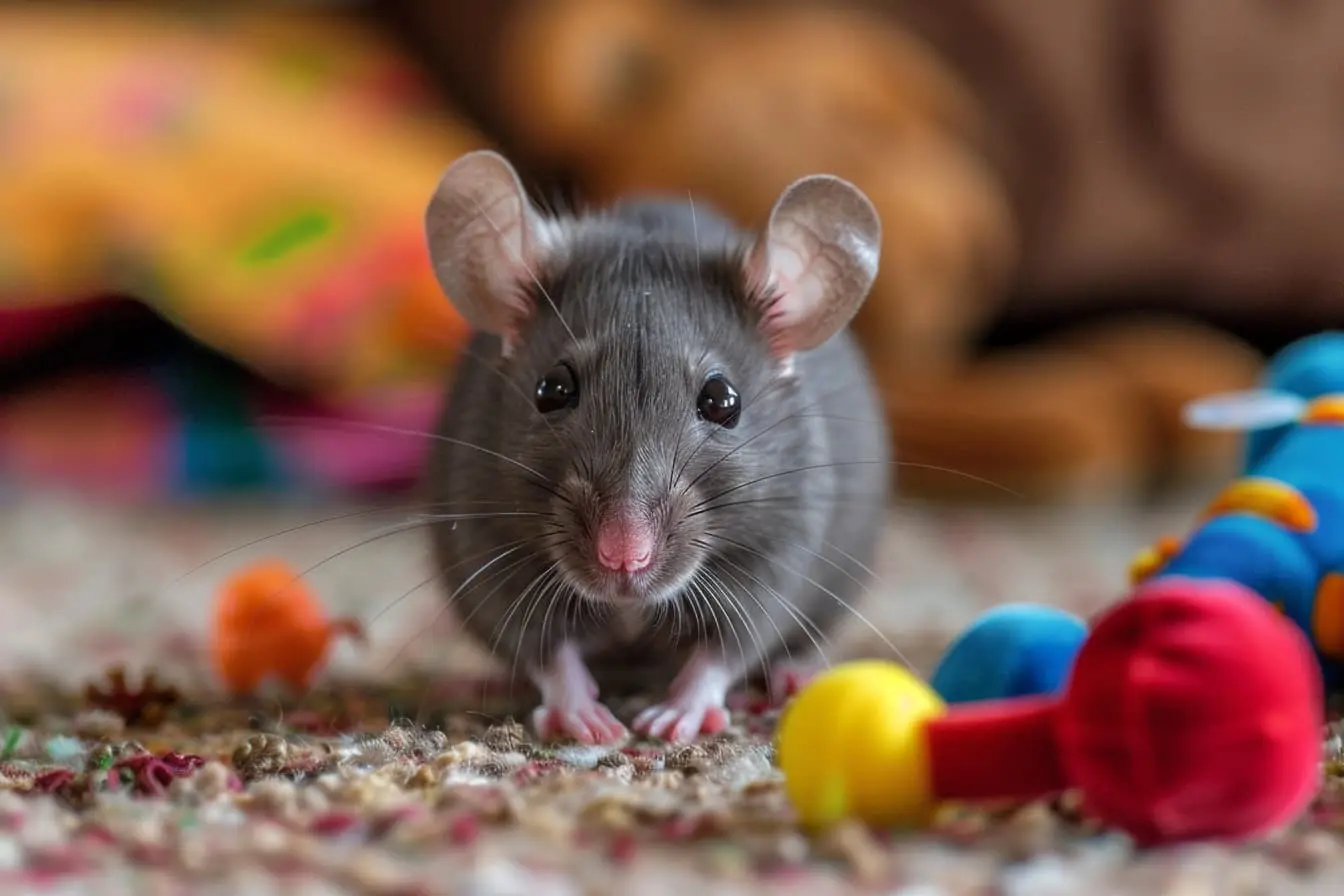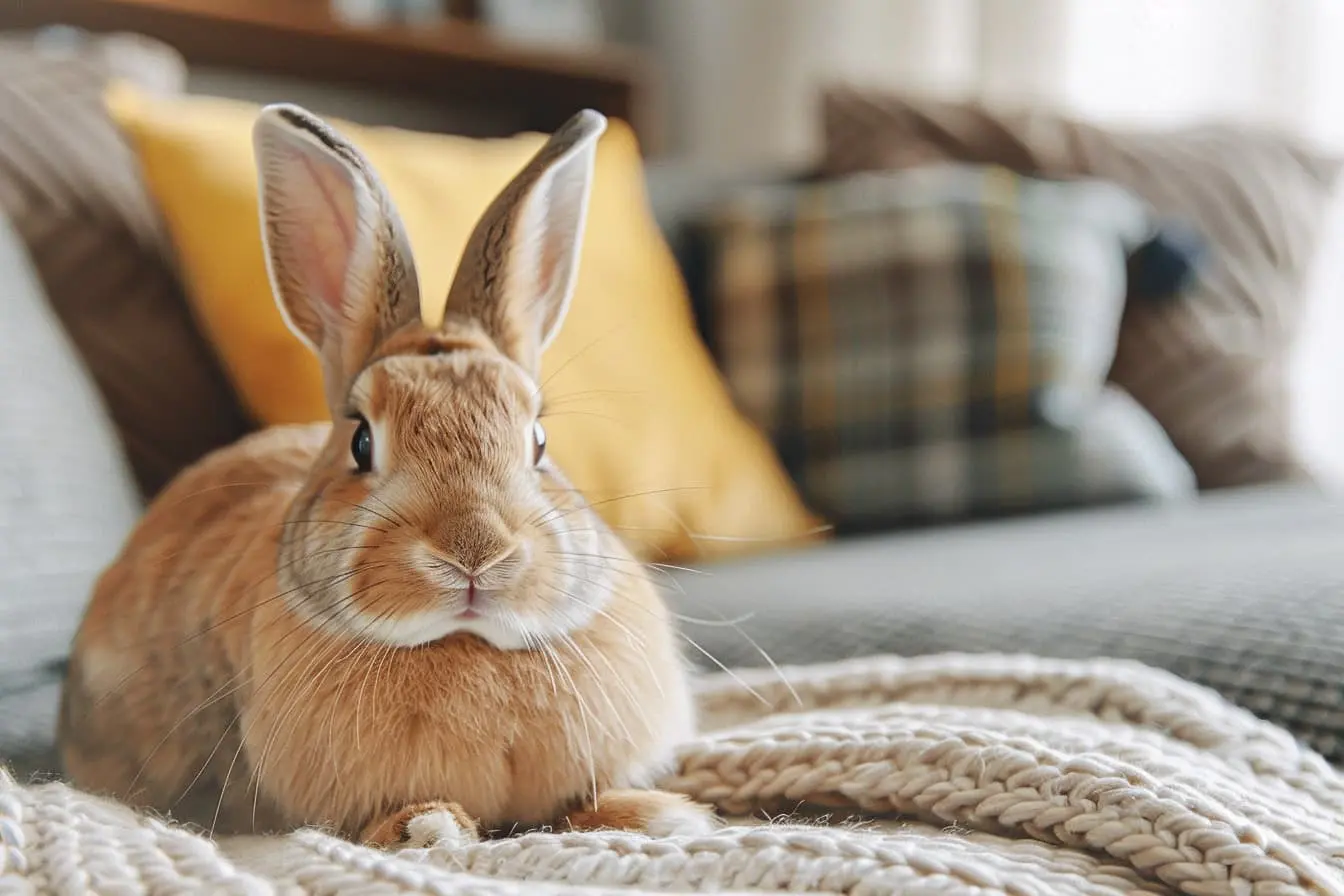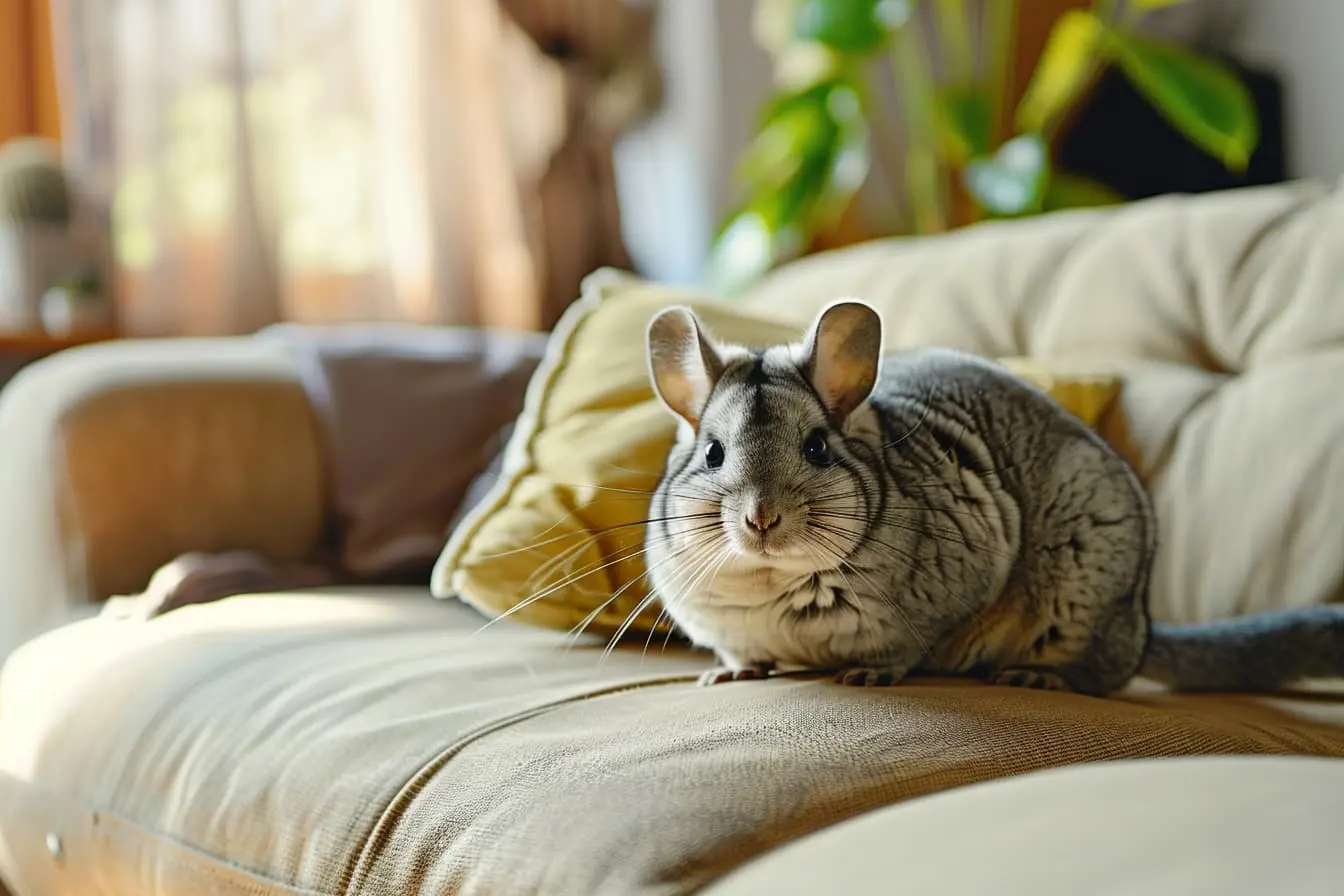
The Ultimate Guide for New Guinea Pig Owners
Guinea pigs, with their friendly nature and endearing vocalisations, make fantastic pets for both adults and children alike. If you're considering bringing these delightful creatures into your home, it's essential to understand their needs and how to care for them properly. This guide is designed to help new guinea pig owners prepare for their arrival, ensuring a happy, healthy life for these adorable animals.
Understanding Guinea Pigs
Before diving into the essentials, let's touch on what makes guinea pigs so special. Native to the Andes in South America, these social creatures thrive in groups, so consider adopting at least two to prevent loneliness. They have a lifespan of around 4-8 years, meaning they're a long-term commitment. Guinea pigs are known for their docile nature, making them excellent companions.
Preparing for Your Guinea Pig
The Habitat
A spacious and secure habitat is essential for your guinea pig's well-being. Opt for a large cage or a penned area that allows at least 0.7 square metres per guinea pig, though more space is always better. The habitat should be placed in a quiet, draught-free area of your home where they can be part of the family life without being in constant noise and hustle.
Bedding
Line the habitat with a soft, absorbent bedding like fleece or paper-based products. Avoid cedar and pine shavings as they can cause respiratory and liver problems. Bedding should be spot-cleaned daily and replaced completely at least once a week.
Food and Water
Guinea pigs require a diet rich in hay, fresh vegetables, and a small amount of specialised guinea pig pellets. Hay is crucial for their digestive health and should be available at all times. Fresh, clean water must be accessible at all times through a bottle attached to the cage.
Vitamin C
Unlike other small pets, guinea pigs cannot produce Vitamin C and must receive it through their diet. Ensure their food contains added Vitamin C and supplement with Vitamin C-rich vegetables like bell peppers and leafy greens.
Enrichment
To keep your guinea pig happy and stimulated, include tunnels, hideouts, and chew toys in their habitat. Guinea pigs also enjoy gentle handling and can be let out in a guinea pig-proofed room under supervision for additional exercise.
Bringing Your Guinea Pig Home
When you first bring your guinea pigs home, give them a few days to adjust to their new surroundings. Speak softly and move slowly around them to build trust. Begin with short handling sessions, gradually increasing as they become more comfortable with you.
Daily Care Routine
- Feeding: Provide fresh hay, a portion of vegetables, and a small amount of pellets daily. Fresh water should be checked and replenished every day.
- Cleaning: Spot-clean the cage daily to remove soiled bedding and uneaten food. Conduct a thorough clean once a week.
- Health Checks: Regularly monitor your guinea pigs for any signs of illness or changes in behaviour. Prompt veterinary care is essential for any concerns.
Socialisation and Handling
Guinea pigs are social animals that benefit greatly from interaction. Spend time each day talking to them and offering gentle petting once they're comfortable. Use treats to encourage interaction and build a bond.
Final Thoughts
Owning guinea pigs can be a deeply rewarding experience filled with joy and companionship. By providing the right environment, diet, and care, you can ensure a healthy and happy life for your furry friends. Welcome to the wonderful world of guinea pig ownership!
Vets near you
Speciality vets
- Aquatics vet specialists
- Birds vet specialists
- Camelids vet specialists
- Cats vet specialists
- Cattle vet specialists
- Deer vet specialists
- Dogs vet specialists
- Equines vet specialists
- Exotic vet specialists
- Goats vet specialists
- Pigs vet specialists
- Poultry vet specialists
- Sheep vet specialists
- Small Mammals vet specialists
- Wild vet specialists
Vet facilities
- Accessible by public transport
- Blood testing
- Car park nearby
- Client car park
- Dentistry
- Diagnostic imaging
- Disabled public access
- Flea and worm treatments
- Microchipping
- Mobile services
- Neutering
- Open at weekends
- Out-of-hours service
- Referral interests
- Referrals only
- Street parking outside
- Toilets available
- Vaccinations



